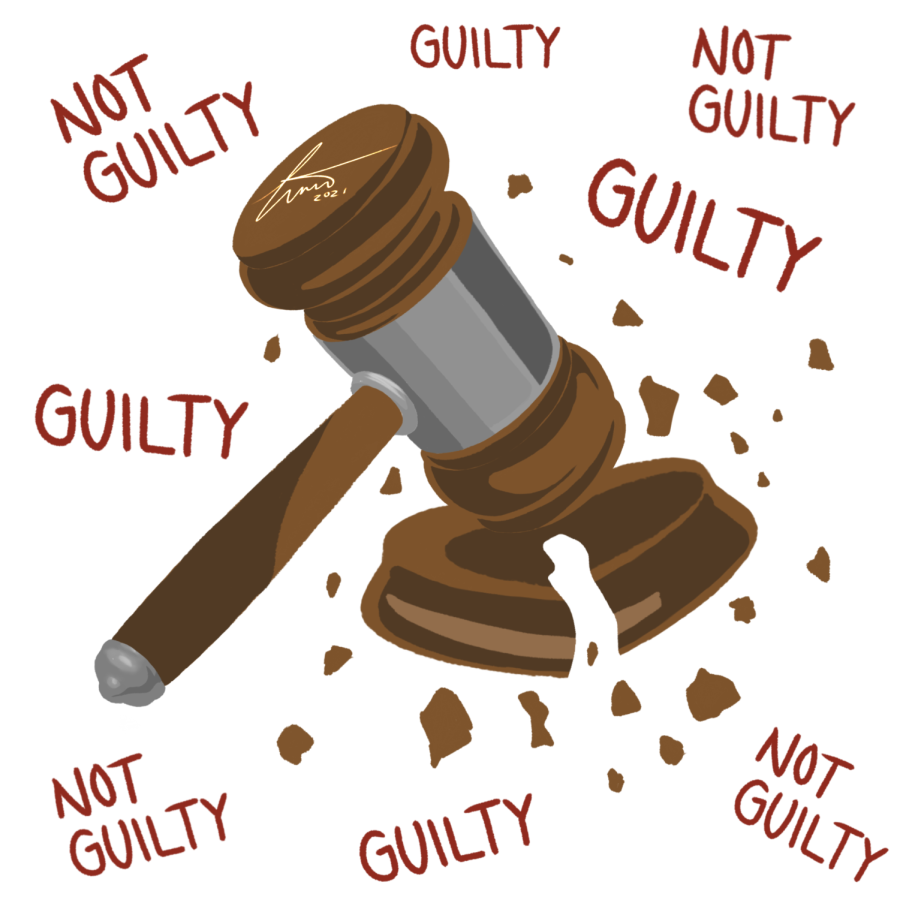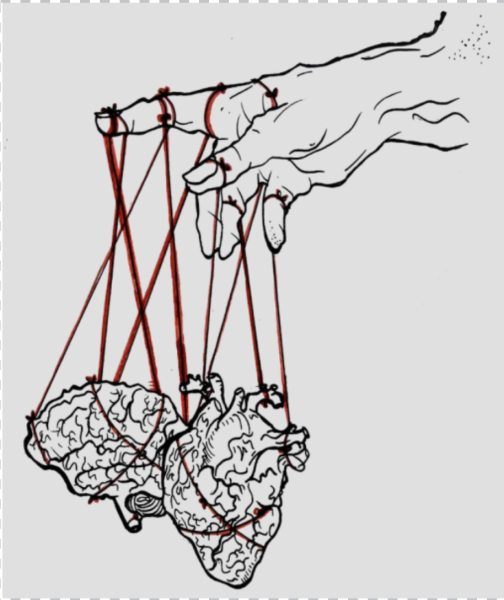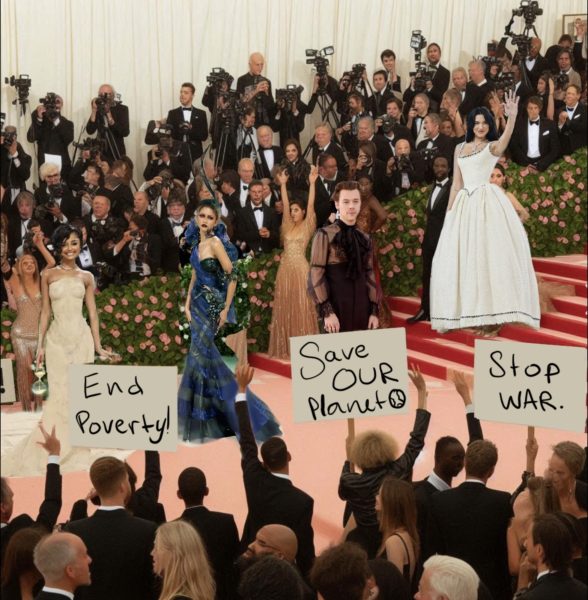Jury’s Out
On the 28th of November, the Swiss public will decide on the “Initiative for Justice”, which seeks to randomly select judges for a given case to avoid potential biases. This initiative reveals an intrinsic characteristic of our society: a desire for more “objective justice”.
This desire for justice is present within our school community, especially with the student parliament’s proposition to implement a student jury, which, as the name suggests, puts students “on trial” for violating school rules and are represented by other students. The goal is to hopefully provide more opportunities for student voice within the context of school discipline.
Our school discipline system is paradoxical. We are trying to implement “progressive” pedagogical practices while also enforcing “traditional” school rules. We have teachers attempting to induce values-based feelings of collective responsibility and restorative practice through emails with vague guidance about “respecting our environment” while also being made to enforce seemingly arbitrary restrictions regarding headphone usage.
Naturally, this creates a lot of confusion. Students are not explicitly taught the school guidelines, apart from allusions to “school values” at assemblies, but are expected to be aware of the rules detailed within the student handbook. This gives rise to frustration within the student body, who are unable to reconcile these two contradictory forces. The students need a platform to air these frustrations, giving rise to ideas such as the “student jury”.
While the motivations behind the student jury are clear, if it is implemented, it may further regress the state of discipline at ISL.
A major problem with the student jury lies in the name itself. Along with it comes the complex and misleading collection of terms such as “offender”, “accused”, “victim” and “guilty”, all derived from language within the penal code. A jury alludes to a service of judgement – this branding implies a punitive system. It defines clear-cut lines of “guilty” or “not guilty” for the student on the receiving end, while also blurring the true intentions and motivations of students participating in the jury.
Realistically speaking, a student jury ultimately trivializes student discipline, diminishing the effectiveness of the jury. Students would not be intrinsically motivated to help their peers internalise feelings of respect for their community, but rather the motivation would stem from the prospect of re-creating “Judge Judy”.
From every situation handled, students on the jury will seek a “closed case” as opposed to providing the student responsible with an understanding of their actions or building empathy for those who have been negatively impacted. The destination and objective of any jury is to arrive at a verdict. And in the eye of the “accused”, the system has tainted them with a concrete label and left them to endure the weight of a punishment. As a result, they are judged, labelled or ostracized from the community- even unintentionally. The student may never internalize why what they did was wrong.
We cannot put our trust into this kind of language or philosophy. We cannot implement a proposal like this before assessing and undoing the deep-rooted, difficult issues that lie within our culture. It is easy to hide behind these terms and leave the student jury as a breeding ground for a punitive practice, and harder to face the reality of what we need as a school. In a “no-snitch” individualist school culture, will a student jury encourage student communication, or will it further obscure it out of fear of ostracization?
We all need to invest in a change of mindset: from punitive discipline to transparency, accountability and community. And this may be frustrating for many of us, but it cannot be done overnight – it requires a paradigm shift. We need to strive for restorative practice. We need to be having the kind of truthful, beneficial and difficult conversations which are supportive and nurturing: ones that allow for all parties involved to recognize power imbalances, express themselves honestly and come to a collective agreement for the future.
After a brief conversation with Sophie-Marie, student parliament co-president, we discovered that the student parliament is ultimately in agreement. They too, are invested in the ideas of open discussion amongst the student body and fostering a community focused on restorative practices in line with the school values. The purpose of a student body intervention must be to promote an honest and frank discussion to help understanding of the issue. The larger objective of student involvement in the disciplinary process is to help internalize these learnings in the student body and to ensure better application of the guidelines and belief in ISL values.
The student jury tries to put an end to something that does not always have an endpoint: how the students and teachers at this school support and learn from one another. In the end, we should realize that this is the most valuable part of our community. Case closed.

I’m Tanvi, Editor-in-Chief of The High. I’m The High’s resident pretentious music snob™, which is a title that I take very seriously. When...

I’m a year 13 student who loves chemistry and poetry! I love writing about STEM, and I’m looking forward to writing more opinion articles and current...




